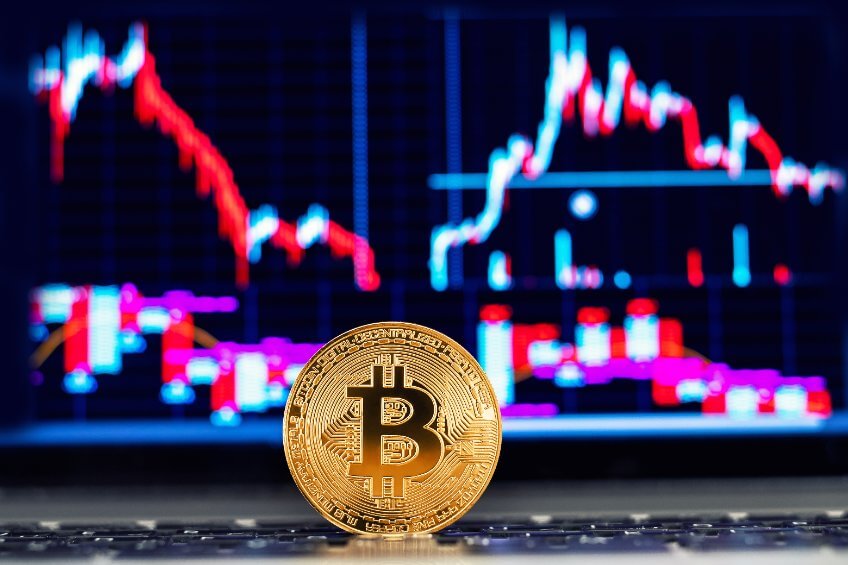Happy birthday, Warren!
The legendary Warren Buffett turns 94 next month, on August 30 to be exact. And as is often the case when he turns 1 year older, investors are wondering what Berkshire Hathaway will look like after Buffett. That’s especially true this year, with Buffett’s longtime partner Charlie Munger passing away last year and new CEO Greg Abel waiting in the wings.
I am a Berkshire investor myself and have no intention of leaving when Buffett is no longer part of the show. If you are a Berkshire shareholder, you should also keep your reserves dry.
Why? For one thing, because Greg Abel doesn’t seem ready to mess with the formula. And — ironically — because Berkshire’s days as a wonderful investment seem over, despite its astonishing long-term track record under Buffett. In many ways, Berkshire is more like an index fund than a conventional company.
So it’s not like anything magical is going to disappear when Buffett does.
According to Berkshire’s latest annual report, the stock has returned 4,384,748% to its investors since Buffett took over in 1965 through the end of last year. That’s 140 times the 31,223% return of the S&P 500 (^GSPC), the market’s benchmark index.
But that was then, and this is now.
As I’ll show you, recent Berkshire investors—including my wife and me—have not performed as well relative to the rest of the market as Buffett and his early supporters.
A little context is in order.
For most of my career, I was not a Berkshire shareholder because I was employed by publications that frequently wrote about Buffett. So I never bought shares during Berkshire’s boom years, even though I wanted to.
But on January 7, 2016, the first week I became self-employed, my wife and I made a modest purchase of Berkshire stock in our joint brokerage account and have held it ever since.
And guess what? The huge long-term advantage that Berkshire has over the S&P 500 has completely disappeared since we bought it. In fact, we would have been slightly better off buying an S&P 500 index fund than we would have been buying Berkshire.
From our purchase date through Monday, Berkshire is up a respectable 214%. That’s also its total return, since the company didn’t pay a dividend during that period. However, over that same period, shares of the Admiral class of Vanguard’s S&P 500 index fund have returned 232%, including dividends reinvested, according to calculations that Jeff DeMaso, editor of the Independent Vanguard Adviser, did for me.
In other words, my wife and I entered Berkshire when the stock market’s glory days were over.
And that is — strange as it may seem — one of the main reasons why I am not concerned about what Greg Abel will do at Berkshire when Buffett leaves the scene.
Discover more from The Times Of Update
Subscribe to get the latest posts sent to your email.

